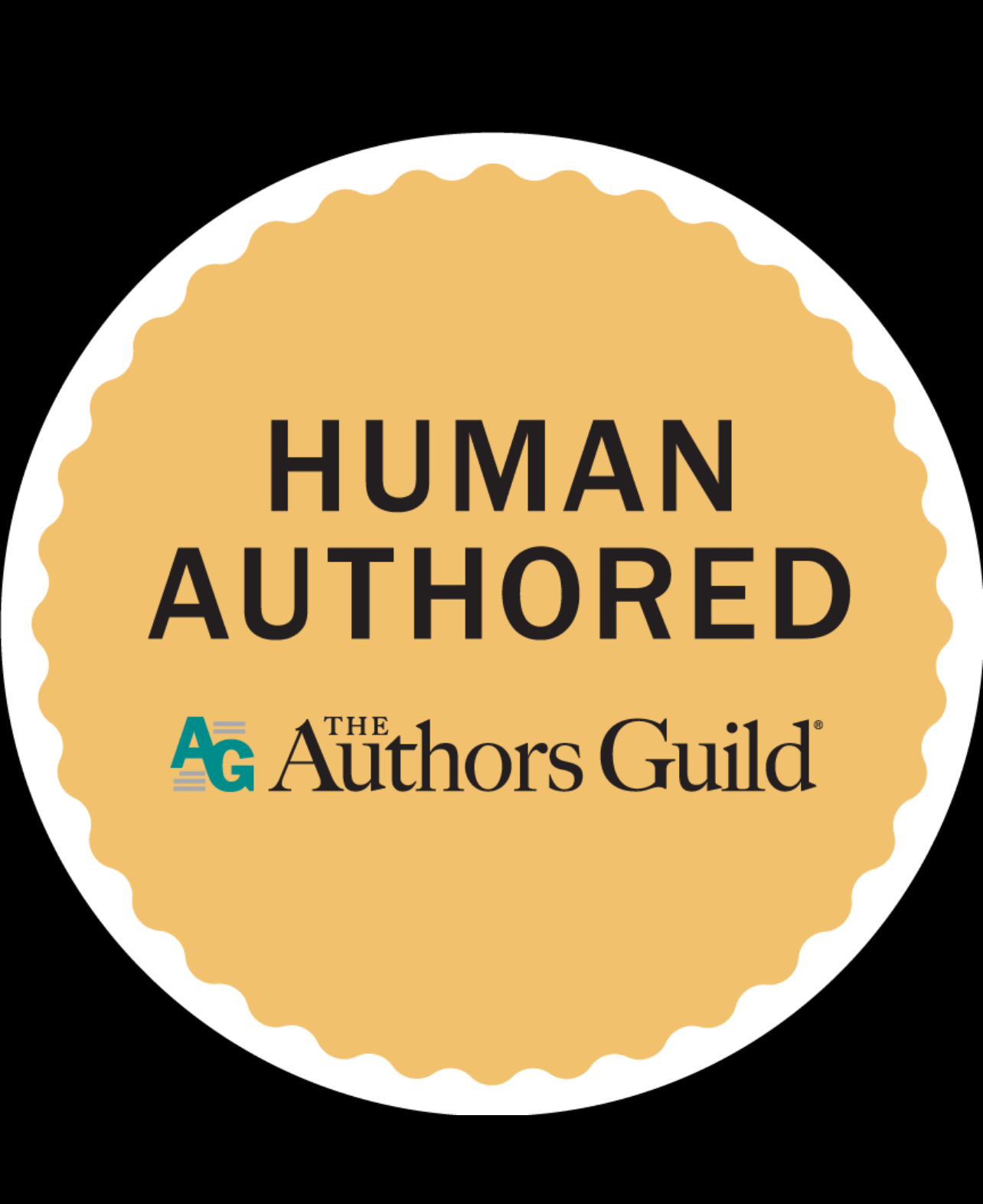U.S. National Science Foundation (NSF); NSF and philanthropic partners invest more than $18M to prioritize ethical and societal considerations in the creation of emerging technologies
"The U.S. National Science Foundation announced an inaugural investment of more than $18 million to 44 multidisciplinary, multi-sector teams across the U.S. through the NSF Responsible Design, Development and Deployment of Technologies (NSF ReDDDoT) program. NSF ReDDDoT invests in the creation of technologies that promote the public's well-being and mitigate potential harms by seeking to ensure that ethical, legal, community and societal considerations are embedded in the lifecycle of technology's creation and use. NSF launched this program in collaboration with leading philanthropic partners including the Ford Foundation, the Patrick J. McGovern Foundation and Siegel Family Endowment.
"NSF is committed to creating mutually beneficial research collaborations among diverse partners who contribute their expertise and resources to accelerating technology innovation that positively addresses pressing national, societal and geostrategic challenges," said Erwin Gianchandani, assistant director for Technology, Innovation and Partnerships. "Through a robust public-private partnership with philanthropies, NSF's investment in ReDDDoT aims to ensure that TIP advances the design, development and deployment of new technologies responsibly. This investment is consistent with the 'CHIPS and Science Act of 2022,' in which Congress called upon TIP to invest in exactly this approach when pursuing the key technology areas listed in that law."
NSF awarded 30 teams Phase 1 funding: 21 teams will receive planning grants of up to $300,000 each for up to two years to facilitate collaborative transdisciplinary and multi-sector activities to plan for submission of larger proposals, while an additional nine teams will receive Phase 1 funding of up to $75,000 each to plan and host workshops designed to raise awareness and identify relevant approaches and needs in the key technology areas identified in the "CHIPS and Science Act of 2022."
Additionally, NSF awarded Phase 2 funding to 14 teams that demonstrated maturity in artificial intelligence, biotechnology, or natural and anthropogenic disaster prevention or mitigation, key technology areas in the statute that TIP emphasized for ReDDDoT funding. Each Phase 2 team will receive up to $1.5 million over three years to expand upon their identified experience in use-inspired and translational activities in responsible design, development and deployment of innovative technology.
The ReDDDoT program invited proposals from teams that examined and demonstrated the principles, methodologies and impacts associated with ethical, legal, community and societal considerations of technology's creation and use, especially those specified in the "CHIPS and Science Act of 2022."NSF anticipates issuing a second ReDDDoT funding opportunity in the future that will build on this round of funding to ensure ethical, legal, community, and societal considerations are embedded in the lifecycle of technology’s creation.
NSF ReDDDot Awardees
Awardees are grouped by award type and then listed in alphabetical order by organization. The full award list can be found on NSF Award Search webpage."
